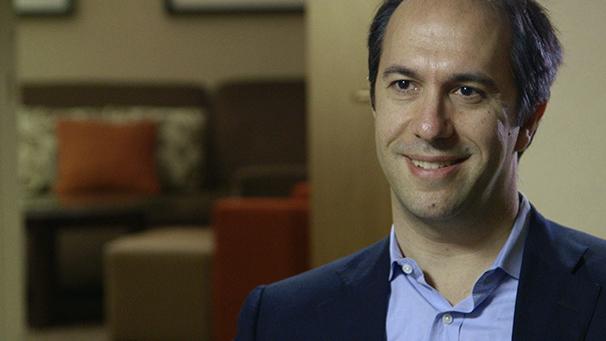
A recent NYU study found that married people have a significantly decreased risk of heart disease in relation to people who are widowed, single or divorced.
Researchers at the NYU Langone Medical Center accessed a database from Life Line Registry, which contained over 3.5 million subjects coming from 20,000 screening sites all around the country.
Carlos Alviar, second-year fellow at NYU Langone and one of the researchers involved in the study, said the team examined different factors including physical health and the medical history of the families of the participants.
“We compared the rates of cardiovascular disease between four different types of marital status, including single, married, divorced and widowed subjects,” Alviar said.
When the researchers first began the study, there was limited information available on the topic, Alviar said.
“Based on prior data, we had the idea that married subjects would have lower odds of cardiovascular disease,” Alviar said. “However, we didn’t know what were going to be the results for divorced and widowed and if they would significantly differ.”
The study also found that people who were married had a 5 percent lower risk of experiencing any kind of cardiovascular disease compared to single people.
“Widowed and divorced people were, respectively, 3 percent and 5 percent more likely to suffer from any kind of cardiovascular disease, including peripheral artery disease, cerebrovascular disease, abdominal aortic aneurysm and coronary artery disease,” Alviar said.
Jeffrey Berger, a Langone professor who worked on the study, said in a press release that a marriage partner offers a support system in times of illness.
“Married people can look after each other, making sure their spouse eats healthy, exercises regularly and takes medication as prescribed,” Berger said. “A spouse can also help keep doctors’ appointments and provide transportation, making [it] easier access to health care services.”
Dmitry Terentyev, a professor of medicine at Brown University, said the future of marriage is uncertain, so researchers should focus their efforts on finding treatment for all individuals rather than those of a specific marital status.
“Considering the overall trend of less government interference in human relations and substantial changes in the institute of marriage in near future, we should continue to delineate basic mechanisms of cardiovascular disease and develop new more powerful therapeutic and preventive strategies targeting individuals,” Terentyev said.
A version of this article appeared in the Tuesday, April 8 print edition. Marita Vlachou is a staff writer. Email her at [email protected].






















































































































































